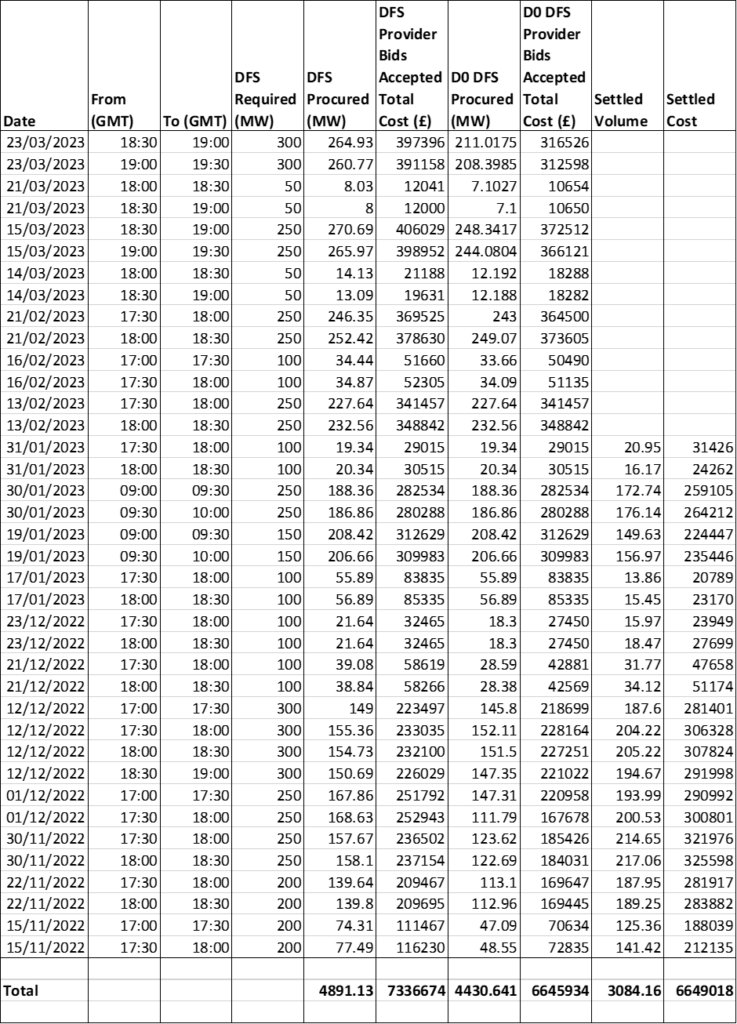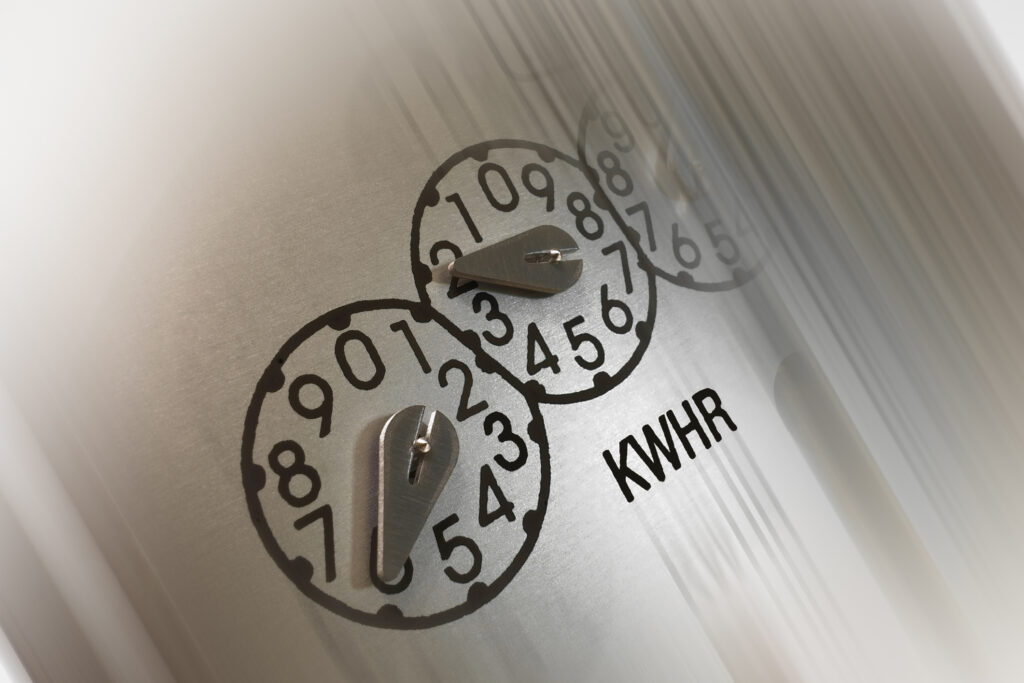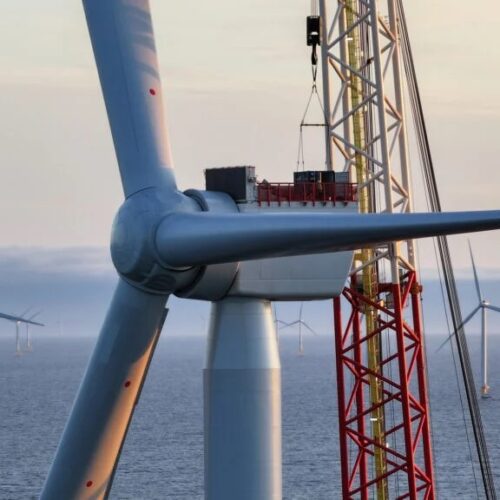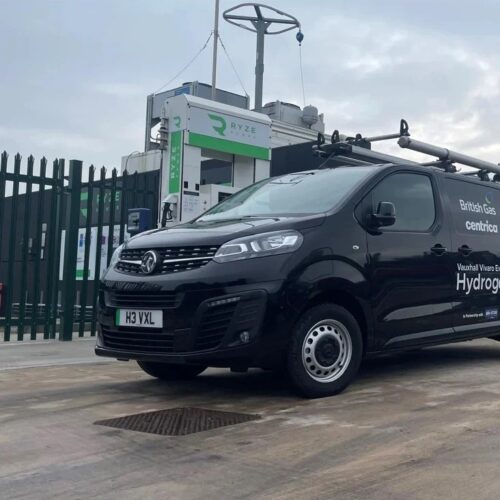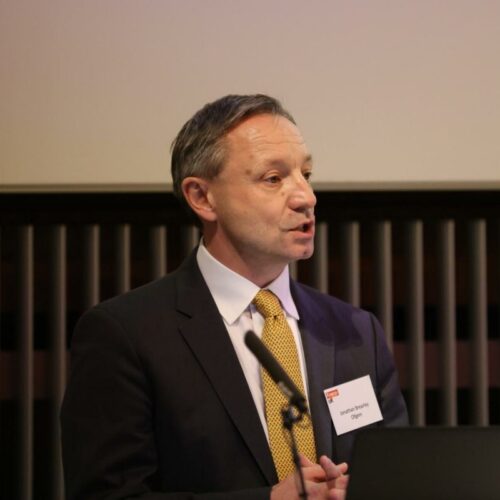National Grid ESO has announced what will likely be the last test event within its Demand Flexibility Service (DFS) trial period.
The operator put out a call for 300MW per half an hour for 18:30-19:30 this evening (23 March), in the 19th test event since November.
It has now procured 264.93MW for the first half an hour, and 260.77MW for the second.
While the trial period has another week left to run, today’s test represents the second compulsory test of the month. Additional tests have been used to onboard providers of DFS, with two onboarding tests for each after which companies are able to participate in the twice-monthly events.
As such, those providers that joined from the very beginning of the trial have been able to participate in a maximum of 12 tests.
Current± approached National Grid ESO to confirm that this evening’s test will indeed be the last of the trial, but as of the time this is published, is yet to receive a response.
🚨 (Maybe the last…) #SavingSessions alert (opt-in,📧's on route)
— 🐙⚡️ Saving Sessions Alerts (@SavingSessions) March 22, 2023
📅 23/3 18:30-19:30
🤑 EARN 33% MORE 🤑 🐙2400 (worth £3.00) per kWh saved vs normal
🎁 HUGE Super Saver Bonus:
👉 1 opt-in wins 🐙800k (£1000)
👉 STREAK:
+🐙100
+8 entries to win 🐙800k
Given this is likely the final test, British Gas has announced that it will triple payments to all of its participants.
“We will be tripling the payments made to customers for this event to provide a greater incentive to shift demand. For instance, if you save 1kWh in energy and National Grid pays you £3 then we will triple this to £9 and it will all go as a credit on your energy bill. We will also boost customers who make small savings to make sure they earn at least £1 from each event,” said a British Gas spokesperson.
“The electricity grid is facing increased pressure and smart technology will play a key role in managing peak demand. During this trial we are testing how we can use this scheme to reduce consumption whilst having the added benefit of helping customers save on their energy bills. We’ve already been doubling payments this winter and are using this final event to test the impact of boosting the incentive even further.”
There are now 31 approved DFS providers, providing c.350MW of contracted capacity. As of last week, when the ESO ran a webinar covering the lessons so far, DFS test events had delivered c >1.6GWh of capacity.
As well as the test events, there have also been two live uses of DFS. The first ran from 17:00 and 18:00 on 23 January, and saw the operator request 323MW in the first half an hour and 336MW in the second.
The second live event ran just the day after on 24 January between 16:30 and 18:00, with 274MW required for the first half an hour, 330MW for the second and 341MW for the final half an hour. Combined the live events have delivered c.0.6GWh.
DFS has generally been viewed as a success, highlighting the value of domestic demand flexibility in Britain. Indeed, Octopus Energy called for the end of back-up coal generation given the potential of DFS to scale to meet the total requirement.
But one remaining challenge as highlighted by the ESO’s presentation is the cost of the service in its current form, with the operator spending around £5.6 million on the tests, and £3 million on the live events.
For the trial period the ESO set a guaranteed acceptance price of £3,000/MWh (£3/KWh) for providers of flexibility within the service. This has proved to be well above the average Day Ahead prices over the winter, which have been kept stable due to mild weather and strong wind generation.
National Grid ESO has put out a call for input regarding DFS, as well as announcing plans for four deep dive sessions to explore the learnings from the trial.
Over the 19 test events, National Grid ESO has procured:
